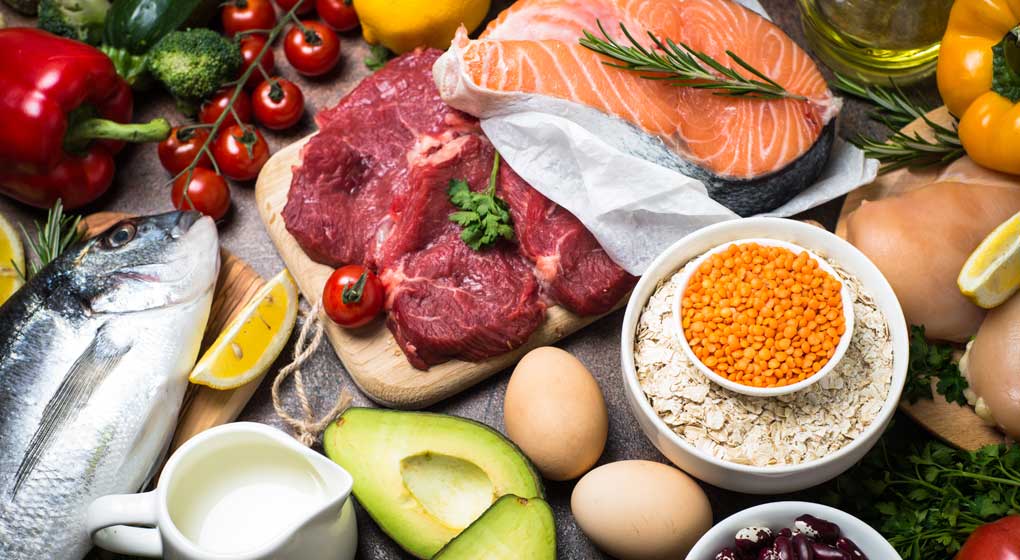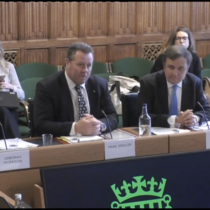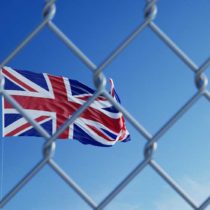Tariffs should not be used to control imported food standards
Two men are chatting in a bar, some time ago when that was still possible. One says to the other, ‘would you rob a bank for ten million pounds if you were 100% sure you wouldn’t get caught?’
‘Certainly,’ replies his friend without hesitation.
‘And how about nicking some beer from that corner shop?’ he asks, probing further
‘What sort of low life do you think I am?’ his friend protests.
‘Oh, I think we have already established that. We are just discussing the price!’
The moral is that standards are not there to be traded.
Controversially, perhaps, I am not going to take sides here. I am not going to try to argue whether beef from cattle or pork from pigs raised with the use of growth promoters is a ‘good thing’ or a ‘bad thing’, safe or unsafe; or the various merits of chlorine washed chicken. Nor am I going to argue the merits of the precautionary principle which can argue that if the adverse effect of something is not determinable, it is better not to introduce it into the environment or for human consumption.
The World Trade Organisation Agreement on the Application of Sanitary and Phytosanitary Measures (the WTO SPS Agreement) requires all food safety measures to have a scientific justification where one exists and many would argue that, at least in some of these cases, the science has spoken. A caveat perhaps is that ‘scientific evidence’ can be minority evidence, so long as it qualified as scientific. It is also worth noting that GATT, unlike the WTO SPS Agreement, has a ‘public morals’ exception which may be especially relevant to animal welfare arguments. This is supported by WTO appellate body rulings.
There is no doubt that the dividing line between protectionism and regulatory autonomy of countries or trading blocks to implement policy objectives is not straightforward
There is no doubt that the dividing line between protectionism and regulatory autonomy of countries or trading blocks to implement policy objectives is not straightforward, but what is clear is that this must be consistent. These regulatory standards can’t be traded and, I would argue, they have no place in trade agreements. You can’t isolate standards through commercial mechanisms, such as dual tariffs, because the mere fact of doing this confirms that you accept the standard. This becomes your standard for ALL trade whatever the source and whether you have an FTA or not. Tariffs are a side issue where this is concerned.
In case you think that may not be the case, consider that more than a quarter of 200,000 tonnes of beef coming into the EU each year from Mercosur countries is imported outside of quota and at full duty of 40 to 45%.
As our government presses ahead with its trade negotiations it will have to decide what role tariffs will play in each agreement and balance up the benefits of access to other markets and mitigating the impact of lower priced imports on our farmers and processors.
Our food and farming standards cannot be part of this. This is a domestic choice based on our own assessment of risk, our own view of how to protect the environment, our own view of how we want food to be produced. It is quite possible, over time, that in some cases these will differ from those that currently apply.
Whatever the case, this is for the UK to decide because it establishes the standards we wish to have whether the goods are produced here or imported; whether they are expensive or cheap. They are not part of trade off.







